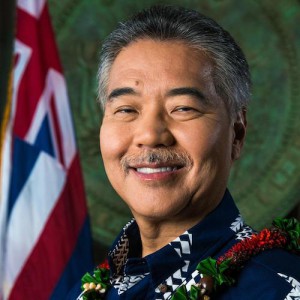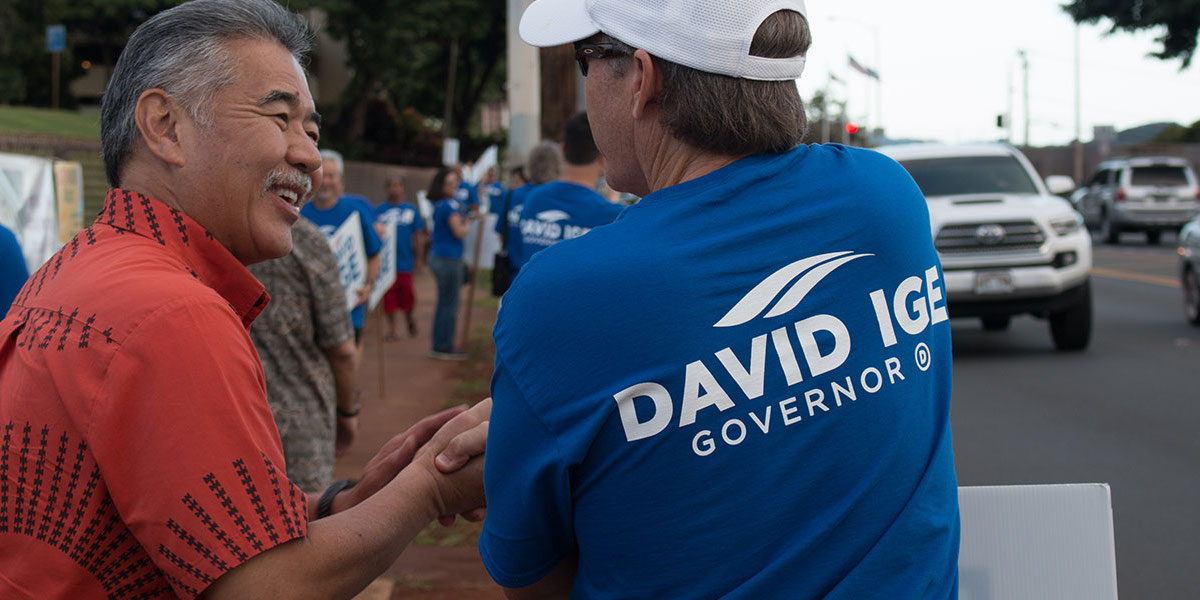
Washington, D.C., March 23 –While nationally 111,804 jobs were gained by people with disabilities, 810 people with disabilities left Hawaii’s workforce last year. Said Jennifer Laszlo Mizrahi, president of RespectAbility, “After strong job growth for people with disabilities in the state, this is a troubling development. People with disabilities want the income and dignity of work, just like anyone else.”
The newly published 2018 Annual Disability Statistics Compendium shows there are 59,469 working-age (ages 18-64) people with disabilities living in Hawaii. Out of that number, only 25,546 have jobs. That means the Aloha state has a 43 percent disability employment rate. Further analysis by the nonpartisan advocacy group RespectAbility shows that Hawaii ranks 14th out of the 50 states for disability employment. While some Hawaiians with disabilities left the workforce last year, the state’s disability employment rate has been steadily increasing over the years from 31.6 percent in 2015 to 43 percent in 2017.
Since his election in 2014, Gov. David Ige has been committed to helping people with disabilities get jobs. Last October, Gov. Ige allocated the Department of Labor and Industrial Relations (DLIR) $2.5 million so DLIR can invest it in youth disability workforce development. In Summer 2016, Ige hired 223 young people of disabilities in temporary government jobs.
Last year, as part of his reelection campaign, Gov. Ige completed RespectAbility’s nonpartisan candidate questionnaire. He emphasized the key important of fighting stigmas and advancing opportunities in the Aloha State. “A key area of policy that is working to reduce stigma and advance independence for people with disabilities is in the employment arena,” he wrote in his response. “We see employment of people with disabilities as a civil rights issue and closing the employment gap is a key strategy that will benefit the entire community.”
Those comments echo the commitment to Hawaiians with disabilities articulated in a proclamation issued by Gov. Ige for National Disability Employment Awareness Month.
“People with disabilities are productive and loyal, and deserve the same opportunity to earn an income and achieve independence like anyone else,” Gov. Ige wrote. “The State of Hawai’i has a vested interest in increasing the inclusion of people living with a disability by providing access, meaningful services, and improved outcomes for all citizens at the state, county, local, and private sector levels.”
“Our nation was founded on the principle that anyone who works hard should be able to get ahead in life,” said Hon. Steve Bartlett, current Chairman of RespectAbility, who co-authored the Americans with Disabilities Act when he was in Congress. “People with disabilities deserve the opportunity to earn an income and achieve independence, just like anyone else.”
A National Issue
Beyond Hawaii, how is the workforce changing for people with disabilities? What is driving these changes? The answer is simple. According to Vincenzo Piscopo of the Coca-Cola Company: “People with disabilities bring a unique skill set that it is very valuable for companies.” He went on to add, “As it relates to employment and competitiveness in the workplace, we have to stop thinking of disability as a liability and start thinking of it as an asset.”
Brand-name companies such as JP Morgan Chase, Coca-Cola, Ernst & Young, IBM, Walgreen’s, Starbucks, CVS and Microsoft show people with disabilities are successful employees. These companies also know that these workers improve the bottom line. “People with disabilities bring unique characteristics and talents to the workplace,” said RespectAbility President Jennifer Laszlo Mizrahi. “Hiring people with disabilities is a win-win-win for employers, people with disabilities and consumers alike.”
As more companies hire employees with disabilities, conversations are shifting to focus on inclusion. “Disability inclusion is no longer about automatic doors, curb cuts, ramps, and legislation,” says Jim Sinocchi, Head of the Office of Disability Inclusion at JP Morgan Chase. “Today, the new era of disability inclusion is about “assimilation” – hiring professionals with disabilities into the robust culture of the firm.”
According to the Census Bureau, there are more than 56 million Americans living with a disability. Disabilities include visible conditions such as spinal cord injuries, visual impairments or hearing loss and invisible disabilities such as learning disabilities, mental health or Autism.
An Election Issue
Voter research, conducted by RespectAbility, shows how disability issues connect to all aspects of American life. “Fully three-quarters of likely voters either have a disability themselves or have a family member or a close friend with disabilities,” said former Representative and Dallas Mayor Steve Bartlett. “People with disabilities are politically active swing voters, and candidates should take note of the important issues they care about.”
As 2019 moves into 2020 and the political campaign season heats up, continuing job growth for people with disabilities will be a crucial indicator of the health of the American economy.

Be First to Comment